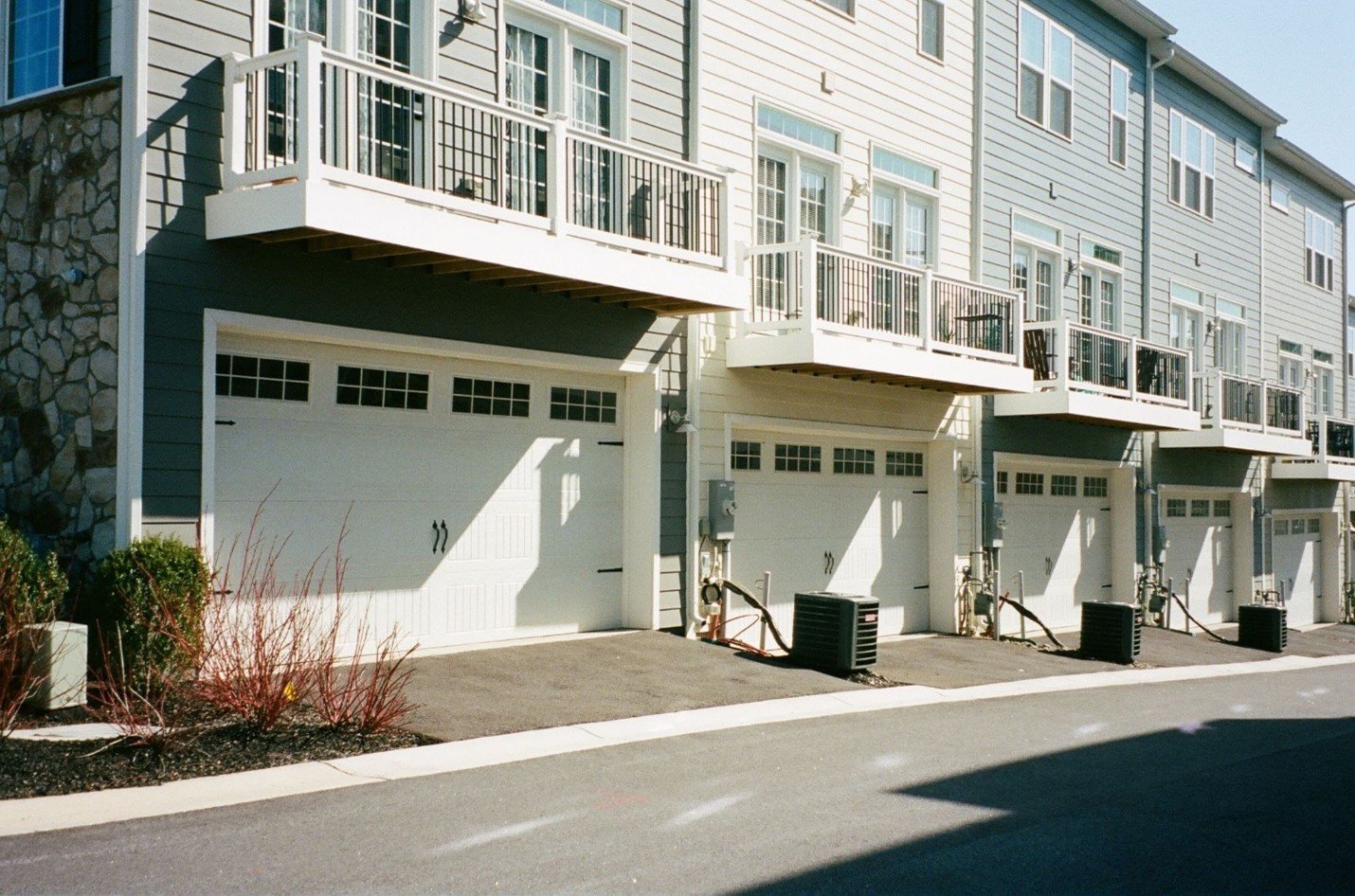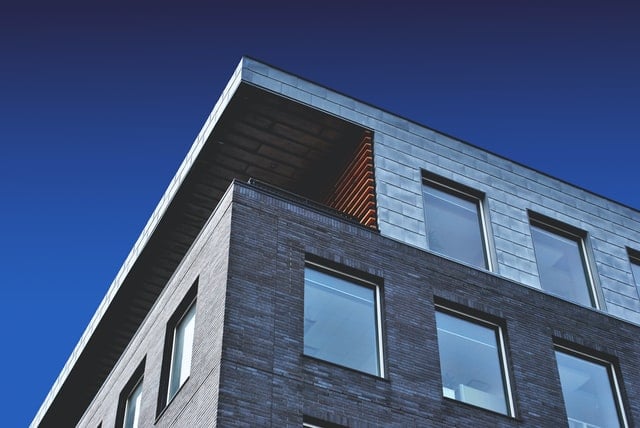Why Invest in HPR Real Estate?
- Posted on June 29, 2020
- In Horizontal Property Regime, Horizontal Property Regimes, HPR, Nashville Real Estate, Nashville Real Estate Attorney
A horizontal property regime refers to a property that has multiple owners. An increasingly common iteration of HPRs around Nashville are what are referred to as “tall and skinny” homes. They get this name from their appearance. The process involves taking a property that formerly held a single home, conditioning the property, and building two homes on the lot. The shape of the resulting homes are generally thinner than the previous home due to the fact that two homes are now occupying the property. Their height helps account for the square footage lost in width.
But why are they profitable for real estate investors? How can their high-end residential closings help your investment portfolio?
Nashville Continues to Grow
The past ten years have seen remarkable growth in the city of Nashville. People continue streaming in from all corners of the country to find a home in Music City. In fact, the population is estimated to have doubled since 2010. A rising availability of jobs, great recreational activities, and favorable weather continue bringing new people to the area year after year.
And all of these people are going to need to find a place to live. However, the city itself isn’t going to get any bigger. There is very little land left in Nashville that isn’t already developed for housing, commercial property, or another use. So how do we accommodate our new citizens?
Horizontal property regimes are a great opportunity to provide more housing for the people who continue moving here. The demand is going to remain high as the city grows even more.
HPRs Are Popular
A quick drive around most Nashville neighborhoods will show you a good amount of tall and skinny homes. The tendency to continue building these structures wouldn’t have continued this long if people didn’t buy them or rent them out quickly after construction. But why are these structures so popular?
New construction is always attractive to buyers and renters. They know they won’t need to put massive amounts of work into the property as they would if they bought an older home. They are move-in ready and often include contemporary affordances older houses might not be able to accommodate.
Maximize Your ROI
Developing a piece of land and building a home is expensive. There are a lot of upfront costs that need to be recouped when it comes time to finally sell the home. HPRs offer an interesting benefit when it comes to high-end residential closings — there are two buildings to sell instead of one.
This doubles the amount of money investors stand to gain from the transaction as a whole. Constructing costs will be higher due to the extra building, but the cost of preparing the land and any taxes or fees will be dramatically cut. Investors stand to make a great return with the sale of two homes as opposed to selling a single structure.
Less Involved Risk
A vacant home is a drain on funds. This equates to flushing money down the drain, and it is a bad scenario for investors. HPRs offer extra coverage that will help in these drastic times. Renting out or selling just one of the two homes will help cover ongoing costs or provide payment to investors.
The potential for coverage lowers the overall risk inherently involved in real estate investments. This gives you the room you need to hold out until you can secure high-end residential closings.
Attractive to First-Time Homebuyers
HPRs offer benefits to younger people who are buying a house for the first time. As we said earlier, these homes won’t require a lot of work to get them to a livable state. First-time homebuyers are much more likely to buy a home that is move-in ready.
These buyers are also attracted to the minimal upkeep needed for HPRs. The yards are typically smaller, which means there isn’t as much yard work to keep up with.
Reduced Red Tape
Developing a piece of real estate often necessitates a lot of back-and-forth with the city. There are a lot of permits that need to be acquired and fees to be paid. Horizontal property regimes, however, don’t require as much approval from the city. The builder will be required to get a building permit, but there are far less reviews and approvals needed to proceed.
Developers will need to file a master deed to create an HPR. Rochford Real Estate & Title is a real estate law firm in Nashville, TN that has helped countless people create HPRs to get them building and get their investors paid.
Subscribe for Updates
Latest Posts
- Title Issues in Tennessee: Common Problems and How They’re Cleared
- Common Commercial Lease Red Flags (and How to Negotiate Them)
- Commercial Purchase and Sale Agreements – How a Real Estate Attorney Can Protect Your Transaction
- When Do You Need a Nashville Probate Lawyer? 8 Common Scenarios
- Commercial Leases – Important Considerations






